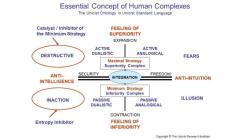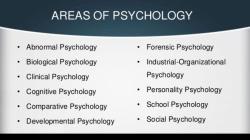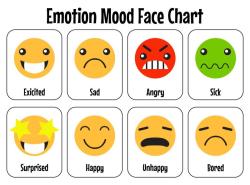Why do people do bad things?
Understanding the motivations behind unethical behavior is a complex and multifaceted topic that has been studied in fields such as psychology, sociology, and behavioral economics. There is no one-size-fits-all explanation, as unethical behavior can result from a combination of individual, situational, and systemic factors. Here are some key motivations and factors that contribute to unethical behavior:
Personal Gain: One of the most common motivations for unethical behavior is personal gain. People may engage in dishonest or unethical actions to benefit themselves financially, socially, or professionally. This can include actions like embezzlement, fraud, or cheating.
Lack of Consequences: When individuals believe they can act unethically without facing consequences, they may be more inclined to do so. The perception of low risk or a lack of accountability can embolden people to engage in unethical actions.
Pressure and Stress: High levels of stress, pressure, or personal desperation can push individuals to make unethical choices. For example, financial stress or job insecurity may lead someone to engage in unethical financial practices.
Rationalization: People often engage in what psychologists call "cognitive dissonance reduction." They rationalize their unethical behavior by convincing themselves that their actions are justified or necessary. This self-deception can make unethical behavior more palatable.
Group Influence: Social dynamics play a significant role in unethical behavior. Individuals may be more likely to engage in unethical actions when they see others around them doing the same. Groupthink and peer pressure can lead to unethical behavior in organizations and communities.
Dehumanization: Viewing others as less human or having reduced moral worth can make it easier for individuals to engage in unethical actions. This dehumanization can be a factor in discrimination, prejudice, and even violence.
Cultural Norms: Unethical behavior can be influenced by cultural norms and expectations. In some cultures, certain forms of unethical behavior may be more accepted or even encouraged.
Lack of Moral Development: Some individuals may not have developed strong moral or ethical principles, which can make them more susceptible to unethical actions, particularly when they perceive an opportunity to gain something.
Psychological Factors: Certain psychological factors, such as a lack of empathy, narcissism, or antisocial personality traits, can contribute to unethical behavior. These traits may make individuals less concerned about the welfare of others.
Systemic Factors: Unethical behavior can also be a result of systemic issues, such as a corrupt organizational culture, inadequate regulations, or institutional pressures that incentivize unethical actions.
It's important to note that not everyone who faces these motivations or factors will engage in unethical behavior, and many people actively resist such temptations. Ethical behavior is influenced by a combination of individual values, social norms, and environmental conditions. To promote ethical conduct, efforts should focus on fostering a culture of integrity, providing ethical education and training, and creating systems that encourage transparency and accountability.













